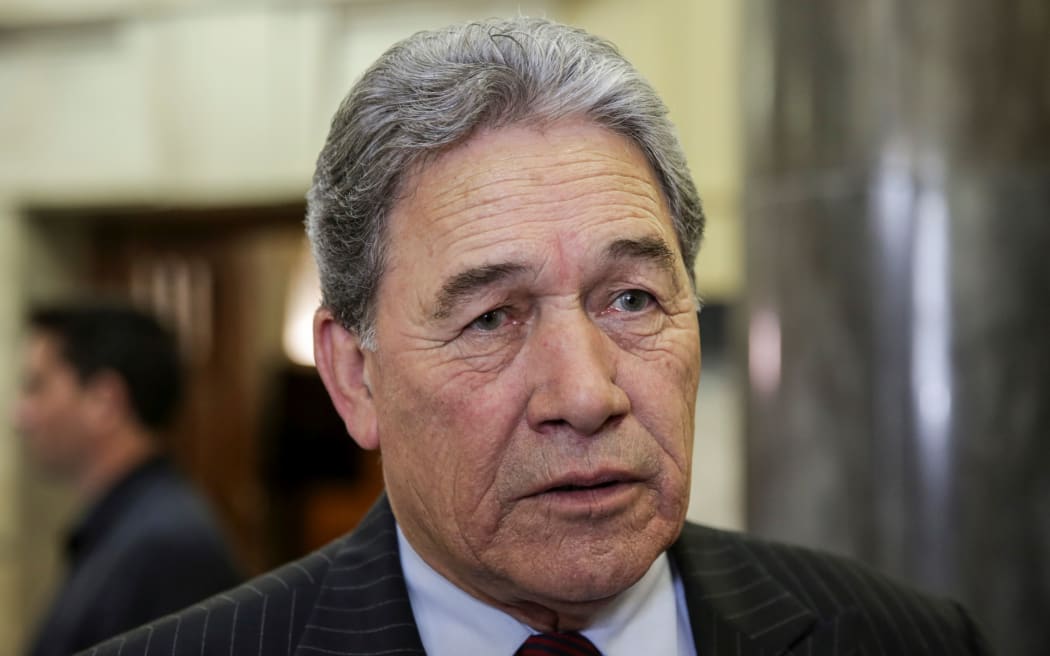By David Cohen
Opinion - A lawsuit by the soon-to-be-acting prime minister against two top public servants may or may not be, as the National Party has said, putting personal vendettas ahead of the country - but it's hardly the unusual event some are suggesting it to be.

Deputy prime minister Winston Peters is taking legal action seeking $400,000 for breach of privacy over the leaking of his superannuation overpayment details. Photo: RNZ / Richard Tindiller
New Zealand political leaders are no strangers to the litigious life.
This country's public service is set up to work independently from the political party in power. In the soothing words of the culture, it exists to supply impartial, high-quality advice and support to the prime minister and Cabinet.
This might normally be taken to mean that one party doesn't usually sue the pants off the other.
Yet the news media, which includes publicly owned operations, is also set up to be independent of the government, ideally with the first keeping the latter in check, and this has not stopped successive leaders filing writs when they feel the checking has become too grievous or inaccurate.
Such has been the case with a number of local leaders who, in the style of their counterparts from Malaysia, Turkey and France, among others, have been quick to pick up a phone and dial for damages.
No New Zealand politician, current or former, has yet followed the recent example of the Jersey politician who recently sued four lawn bowling clubs which, he claimed, had caused him "embarrassment and hurt" by refusing to admit him as a member.
Although, the record suggests some here may have been tempted.
As prime minister from 1975 to 1984, Robert Muldoon often sued, usually for nominal amounts, in cases where he felt his reputation had been unfairly besmirched.
His successor David Lange followed suit, as it were, handsomely.
He dispensed with the nominal amounts and usually went after significantly larger payouts. These continued through his time as attorney-general and well into the 1990s, when he took action against the academic Joe Atkinson and the publishers of North & South magazine for what he said was defamation.
Mr Lange later lost the case, which also resulted in a new line of qualified defence vouchsafed by the Supreme Court - the so-called "political rule".
Presumably, though, given the amount of time the case chewed up in the courts in New Zealand and in London, this must also have been at some cost to the university where Mr Atkinson worked.
During the term of the last National-led government, the trend abated somewhat, although MP Judith Collins did threaten to sue Labour's Andrew Little and Trevor Mallard over comments they made to RNZ.
That threatened action, which was later settled, would have seen one publicly paid politician suing two others, with a third public institution standing to lose a part of its public funded revenue in the event of any payout.
Mr Peters' case is therefore hardly unique. What may be more notable is that the last government toyed briefly with the idea to give public servants immunity from the kind of civil lawsuit that he is currently entertaining.
That initiative went nowhere. It remains to be seen whether that's where the soon-to-be-acting prime minister ends up.



